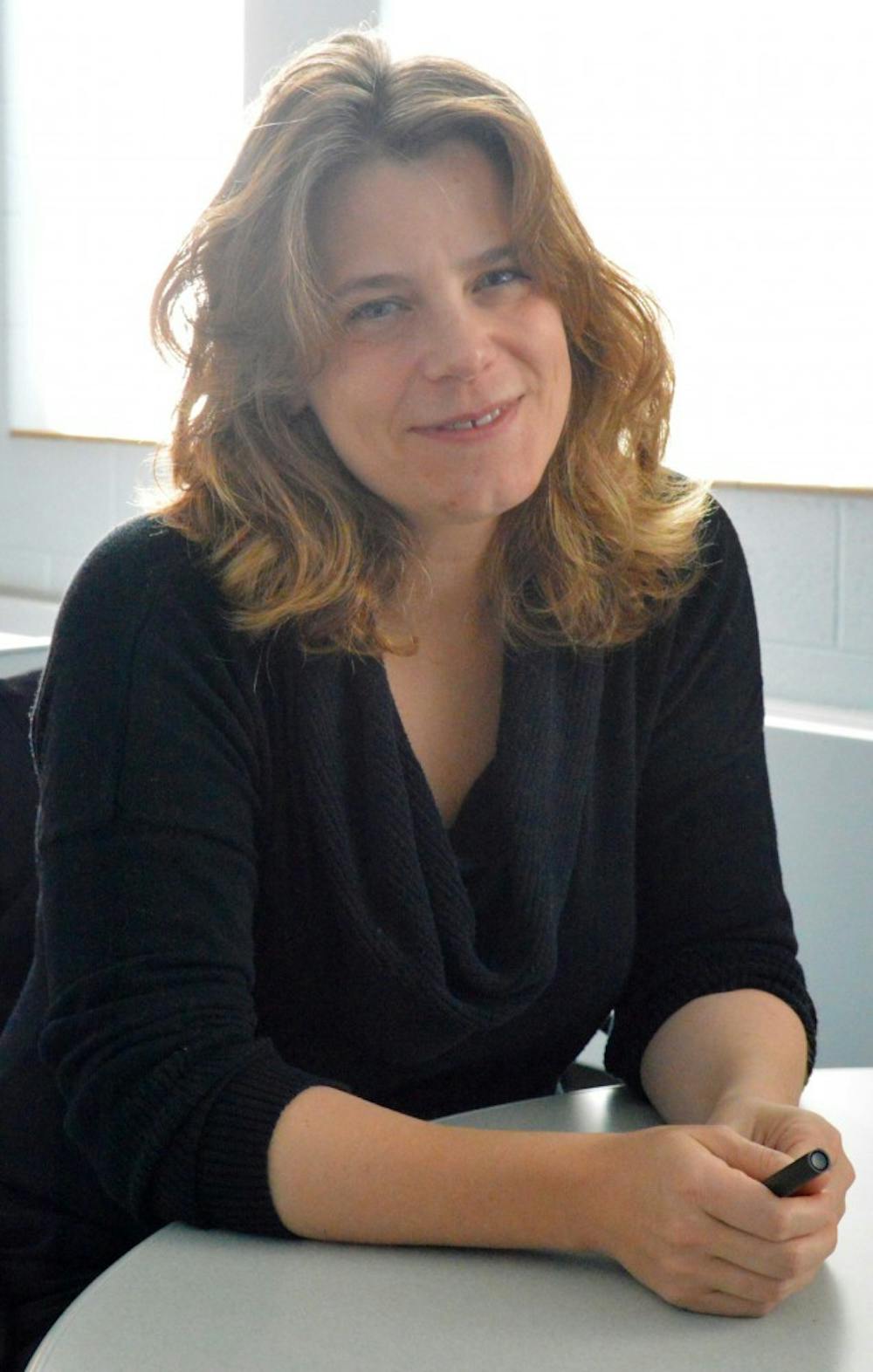Russian Language Courses Return to CMU

For the first time in 15 years, Russian will be available as a language option for students at Central Michigan University.
One course, Russian 101: Elementary Russian, will be offered this spring as a pilot to gauge student interest in the program, said Foreign Languages, Literatures and Cultures Department Chair Christi Brookes.
Russian was a foreign language option at CMU for decades, but interest began to wane after the Cold War and courses stopped being offered altogether after 2000.
"There used to be whole Soviet Studies and Russian language departments, but interest just went completely out the window," she said.
Until Midland junior and computer science, information and technology major Andrew Holland approached her last year with a desire to learn.
"It's still a very important and large language--230 million people still speak it," Holland said. "Russian is the second language on the internet."
Holland is also interested in learning more about Russia's culture, and would like to see the art and history unlocked for a new generation.
"He presented me with a list of seventeen names of interested students, so I went to Dean (Pamela) Gates and she gave us the OK," she said.
Brookes will be the course instructor for the pilot class, but more may be brought in should the class be a success.
Brookes has a Ph.D in French, but studied Russian in Moscow as part of a study abroad program for the Univesity of Arizona in 1996. She grew up during the Reagan Era of the Cold War, and was excited to learn more about a culture that had been buried by the threat of communism.
But in 1996, Russia was still raw from the collapse, and Brookes' stay in Moscow was full of surprises from the emerging state.
Brookes plans to use Russia's history and some of her own experiences to educate students on the nation's culture and history.
"I ended up doing a dissertation that looks at French takes on Russia and Russians at the end of the 19th century," she said. "That's how much going to Russia meant to me."
Q: How did you become an instructor for Russian courses?
A: My job is actually French (courses). That's what I have my Ph.D in. As an undegrad, I went to Moscow and lived there for several months while studying Russian language and culture. I haven't had a chance to do it professionally because there wasn't enough interest in Russian. So I pursued my Ph.D in French. If there is enough interest, we can look into hiring another instructor.
Q: Tell me about studying in Moscow.
A: I left Arizona in January and lived with a Russian woman. At the time, they were having the first presidential elections since the fall of the Soviet Union. Boris Yeltsin was a candidate. I actually met Gorbachev, who was campaigning.
I lived in central Moscow, on Tolstoy street, where the author used to live. It was an older part of Moscow. I would look out and see the remains of the soviet union. They hadn't taken down all the statues of Lenin in my metro stop. There was a beautiful, beautiful, mosaic of Stalin. Knowing what we know about Stalin it was a horrible thing to see, but you saw all this Soviet propaganda. It was still there.
You also saw the remnants of a former empire, all the churches and the kremlin and the leftovers of imperialism from the 19th century until 1917. And then you saw capitalism coming in, European banks and American companies.
This was the beginning of the war in Chechnia too. There were bombs on public transportation and such as well. The mafiya was also coming in as these markets were opening up. It was really a wild west period when I was coming in.
It really is a world class city today. There's even a shopping complex under Red Square and none of that was there back then. Then, you could tell the Soviet Union had just been there and they were trying to figure out who they were. It was pretty cool.
Q: With all that unrest and change going on, were you nervous about being there?
A: You think about it, but you have to study and eat and go to the market and figure it out. It was nowhere near as bad as other places.
Q: Tell me about the Mafiya in Moscow at the time. Was their presence visible to you?
A: Everything in Central Moscow was owned by the Mafiya. You'd go to meet somebody for a cup of tea and there'd be someone standing there with a machine gun. Wars between the mafiya were going on. As someone without a lot of money, I was able to blend in. If I had been a person of color or someone who looked like I had come from anywhere other than Russia or Europe, I would have been met with a lot of racism and outright prejudice. There were a lot of people I knew who were stopped on a regular basis. There was a heightened sense that things were changing.



